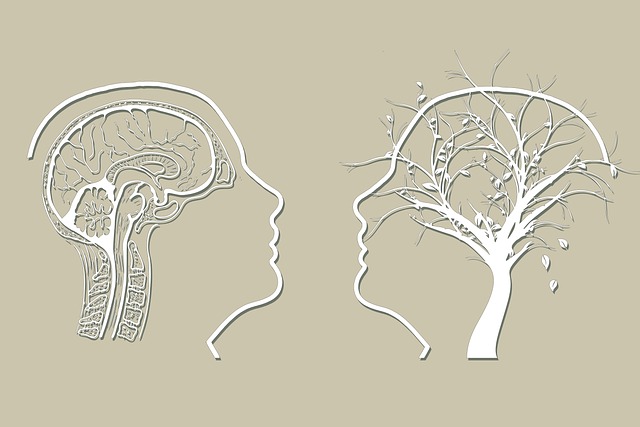Longmont cancer survivors benefit from stress management workshops focused on trauma support and mental wellness, offering strategies to cope with emotional challenges. These sessions empower participants to navigate local issues through identifying stress triggers and adopting healthy self-care routines. A content-rich workshop blend includes mindfulness, relaxation techniques, guided imagery, resilience-building activities, and group discussions, enhancing overall well-being. By partnering with local organizations, these workshops provide accessible therapy for stress relief and burnout prevention in Longmont's unique cancer-related context.
In Longmont, managing stress is a vital aspect of cancer survivor care. This city-specific focus on Longmont cancer issues highlights the unique challenges faced by those navigating post-cancer life. This article explores how stress management workshops can be designed and implemented to empower survivors with therapy tools. We delve into understanding the impact of stress, crafting effective workshop content, and promoting these essential programs within the community to enhance overall well-being.
- Understanding Stress and Its Impact on Cancer Survivors in Longmont
- Designing Effective Workshop Content for Stress Management
- Implementing and Promoting Stress Management Workshops in the Community
Understanding Stress and Its Impact on Cancer Survivors in Longmont

In Longmont, understanding stress and its profound impact on cancer survivors is a critical aspect of their journey to recovery and mental wellness. Cancer diagnosis and treatment can be incredibly taxing, both physically and emotionally, leaving individuals grappling with a multitude of challenges that extend far beyond the physical scars. Stress management becomes an essential tool in their arsenal for coping with the cancer experience and navigating Longmont’s unique cancer issues.
Workshops focused on this area play a pivotal role in providing trauma support services by teaching effective strategies to manage stress and promote self-care routine development for better mental health. These sessions aim to empower survivors, helping them recognize triggers, adopt healthy coping mechanisms, and ultimately enhance their overall well-being. By addressing the mental wellness aspects of cancer care, these workshops offer a holistic approach to healing in Longmont.
Designing Effective Workshop Content for Stress Management

When designing content for a stress management workshop, it’s essential to create an engaging and informative experience tailored to the audience. For Longmont Cancer Issues Therapy, incorporating practical strategies that address emotional healing processes is vital. Start with basic relaxation techniques like mindfulness meditation, deep breathing exercises, and progressive muscle relaxation, which are foundational tools for managing daily stress. These practices can be enhanced with guided imagery sessions, encouraging participants to visualize peaceful settings, thereby promoting a sense of calm and reducing anxiety.
Additionally, weave in resilience-building activities that foster public awareness campaigns development. Role-playing scenarios, for instance, can help individuals navigate stressful situations more effectively, while group discussions facilitate the sharing of experiences and coping mechanisms. By combining these approaches, the workshop offers a comprehensive solution to stress management, empowering participants with skills to enhance their overall well-being.
Implementing and Promoting Stress Management Workshops in the Community

Implementing stress management workshops within the community is a proactive step towards fostering emotional well-being, especially in areas like Longmont where cancer issues may impact residents’ lives and healthcare providers face unique challenges. These workshops can serve as powerful tools to equip individuals with self-care practices and burnout prevention strategies, addressing a growing need for effective stress relief methods. By incorporating techniques such as mindfulness, relaxation exercises, and emotional regulation skills, participants gain valuable coping mechanisms.
Promoting these sessions within the community can be achieved through partnerships with local organizations, healthcare facilities, and support groups, ensuring accessibility for those seeking alternative therapy to manage their stress levels. Tailoring the workshops to cater to specific demographics or interests, such as focusing on self-care practices for working professionals or emotional regulation techniques for teenagers, can enhance engagement and make these sessions even more impactful.
Stress management workshops play a vital role in supporting cancer survivors in Longmont, addressing their unique challenges and fostering well-being. By combining education on stress understanding and practical tools, these workshops offer a powerful means to enhance the lives of those navigating cancer’s aftermath. Through community collaboration and effective promotion, organizations can ensure accessibility, encouraging participation and ultimately contributing to improved mental health outcomes for Longmont cancer issues therapy recipients.










